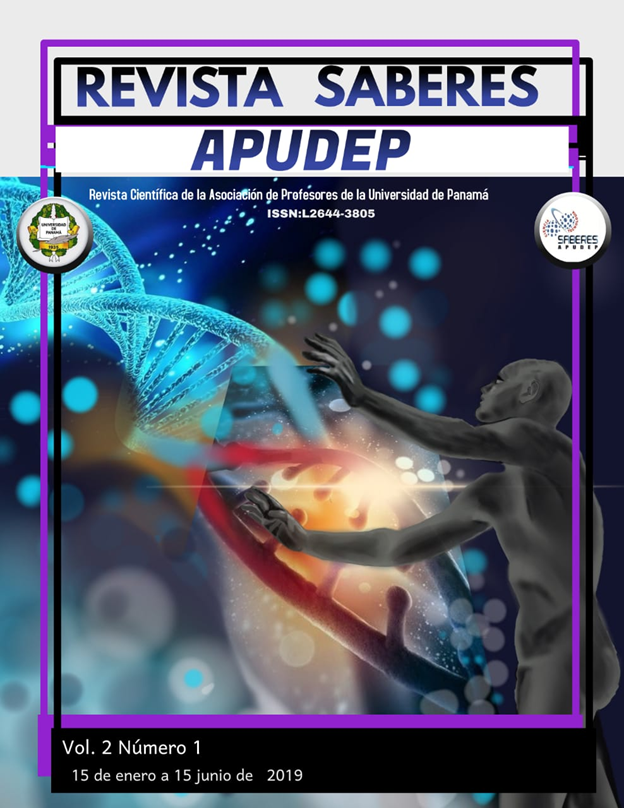

In the human history there has always been discussion about the scientific nature of Geography. (Bacon, 1623) argued that geography was the science to memorize countries; added to strong questioning about its scientific body (Bunge, 1967), because there is no doubt about that Geography manages scientific data and are subject to scientific rigor, where Geography includes aspects of other sciences and human-environment includes regional studies in their relationship and that is not addressed by other sciences (Capel, 1977). From this last point the question arises: What is the body of Geography as a Science? Added to this the own barriers between knowledge who have placed by the same geographers (Capel, 1980), because many geographers assume the different trends as paradigms. Where the paradigms of Geography according to (Capel, 1980) are to: 1) the study of differentiation of space on the Earth's surface, 2) the study of the relationship man-environment. Therefore it is necessary that geography is subjected to an epistemological self-questioning: How do we build the mental plane of the World to conceptualize the Territory? How can we establish and institutionalize knowledge of geography? and How Geography is structured as Science? For the purpose to sustain the character of Science in Geography.